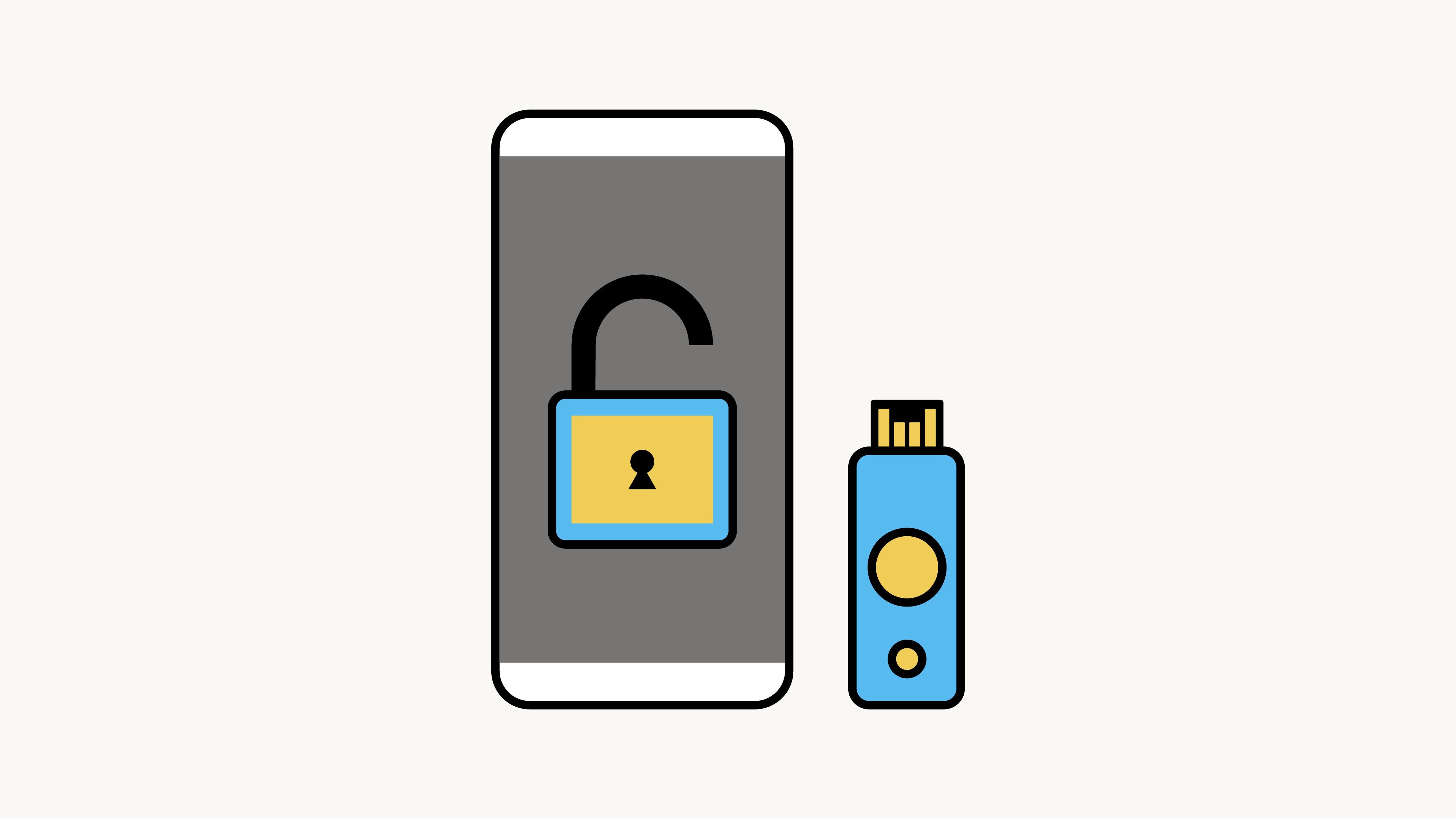AWS will start offering some customers free USB security keys
Free giveaway isn’t open for all

Amazon’s cloud computing division AWS will be handing out USB security keys to select customers, according to reports.
The move is one of the initiatives by the company, following Amazon CEO Andy Jassy’s engagement with US President Joe Biden on cybersecurity, along with several of his peers, earlier this week.
The White House released a fact sheet following the meeting, listing the announcements by the companies who were present in the meeting, including Amazon. It said AWS will offer “a multi-factor authentication (MFA) device to protect against cybersecurity threats like phishing and password theft.”
- Check out our list of the best cloud computing services right now
- We’ve also rounded up the best security keys
- These are the best endpoint protection tools
MFA or even 2FA is no-longer touted as an additional add-on, but rather security professionals believe that it should be a mandatory access control mechanism that’ll add a much-needed extra layer of protection in addition to passwords.
Under lock and key
While the fact sheet mentioned the keys will be offered for free, CNBC reports the giveaway comes with certain conditions.
An Amazon spokesperson told CNBC that root account owners of AWS’ US-based customers, who consume cloud services of over $100/month, will be able to request the USB security keys starting in October.
However, users who already subscribe to Identity and Access Management (IAM) services are not eligible for receiving the keys.
Are you a pro? Subscribe to our newsletter
Sign up to the TechRadar Pro newsletter to get all the top news, opinion, features and guidance your business needs to succeed!
AWS supports keys from three vendors including Gemalto, SurePassID, and Yubico. While the Amazon spokesperson declined to name the vendor that will produce the keys for the giveaway, SurePassID was the only one that confirmed to CNBC that it hasn’t been approached by AWS for the program.
The AWS-issued keys will also work with other online services as well, such as Dropbox, Gmail, and GitHub, Amazon said in a statement.
- Protect your devices with these best antivirus software
Via CNBC
With almost two decades of writing and reporting on Linux, Mayank Sharma would like everyone to think he’s TechRadar Pro’s expert on the topic. Of course, he’s just as interested in other computing topics, particularly cybersecurity, cloud, containers, and coding.
